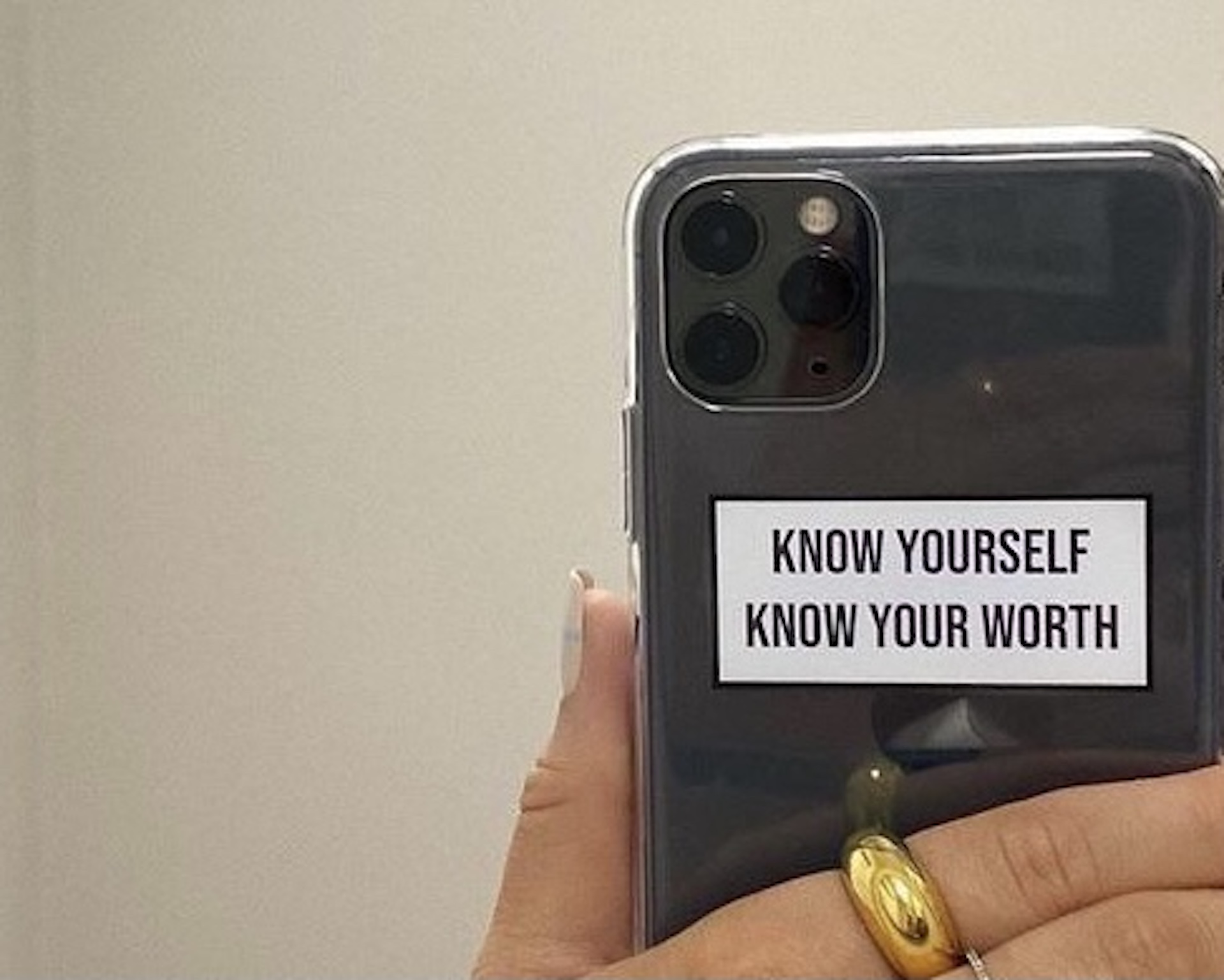Social media has evolved to become an essential part of most people’s days. Among an array of uses, social media facilitates communication, circulates essential information, allows us to stay connected with our family or friends, and serves as a platform for a variety of businesses. However, as social media continues to gain traction and new platforms emerge, we may find ourselves spending more and more time on our various social media pages, mindlessly scrolling. Although we may be trying to keep up with our friends or the latest trends, we are also simultaneously being increasingly flooded with images of celebrities and influencers in bikini photos or workout selfies. And, sometimes, without consciously knowing it, the stream of perfectly airbrushed images, flawless skin and toned bodies may wreak havoc on our sense of self and body image.
It’s no secret that social media has increased our exposure to unrealistic and idealized beauty standards. From a psychological standpoint, this has the potential to be harmful. As humans, we engage in social comparisons because it allows us to identify our own progress and standing in various areas of life. However, if we’re constantly comparing ourselves to the perfectionistic messages we receive from social media, it’s a recipe for internalizing our own unrealistic expectations. These expectations or beliefs may trigger negative automatic thoughts about our bodies. We may think that we need to change, modify, or alter our bodies to conform to what we see on social media or to be deemed socially acceptable. As such, these thoughts may prompt maladaptive behaviours including restrictive dieting or overexercising and may further cause us to feel inadequate, sad, or even depressed.
This isn’t a new discovery – and the potential for the media to uphold unrealistic beauty ideals was born way before the emergence of social media. However, what sets Instagram or Facebook apart from traditional media outlets is the continuous interaction we have with influencers and peers. In addition, emerging research suggests that when we compare ourselves to people we know or relate to, these comparisons tend to be more harmful.
While social media has propelled an era of unrealistic beauty standards, it’s unlikely to change or fade any time soon. Given that social media is a tool for communication, connectedness, and entrepreneurship, it’s important that we learn how to interact with our platforms in healthier and more adaptive ways.
Tips
- Set limits. It may seem simple but, by limiting your time on social media, you’ll naturally decrease your exposure to content that can become psychologically harmful. That’s not to say that all content is toxic – however, capping your time spent on social media will help prevent increased exposure.
- Intentionality. Be intentional in your social media use. Ask yourself why are you on social media? What’s your intention? What do you want to see? Representing the standard of use in your mind before you hop on social media will help decrease mindless scrolling.
- Be mindful of who you follow. Try being selective in the people you follow. Acknowledging that some people’s content may inadvertently make you feel self-conscious may reduce the potential for the harmful psychological effects of social media consumption. There is no shame in putting your mental health before following someone else’s account. Alternatively, follow people who inspire you or make you feel good!
- The “best-self” paradigm. Remind yourself that people’s social media content is based on what and how they choose to show it to you. All too often photos are altered, enhanced, or modified and may not be an accurate representation of the original format.
- Monitor your emotions. Try to monitor your emotions after scrolling through your social media pages. Do you feel sad or inadequate? This may be a sign that you’re consuming or interacting with pages that may be making you feel this way. If this is the case, try using one of the tips above to help.
Article contributed by OpenSpace Clinic
Melina Tomasiello, MA, PhD student
McGill University
Melina is a PhD student in psychology and holds a master’s degree in counselling psychology. She will begin working as a part-time intern at Open space clinic in September 2021. Her interests include working with individuals and couples as well as a range of mental health problems including depression, anxiety, personality and eating disorders.






 No products in the cart.
No products in the cart.